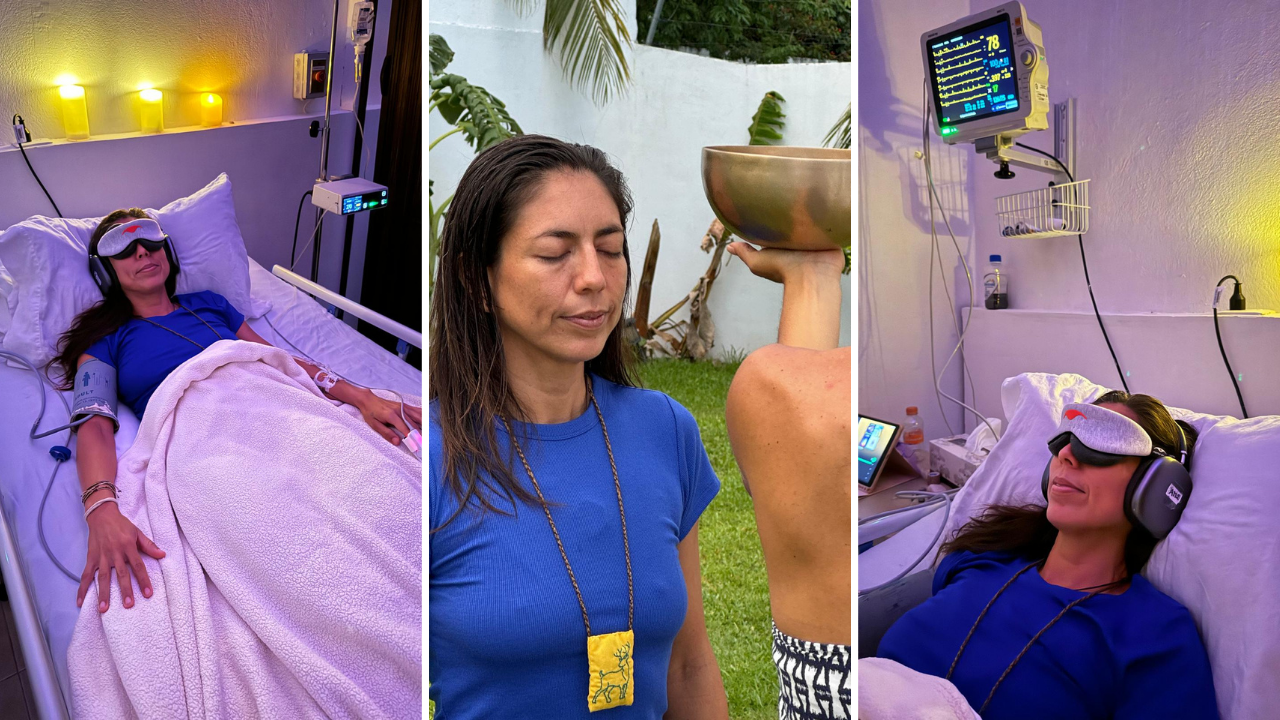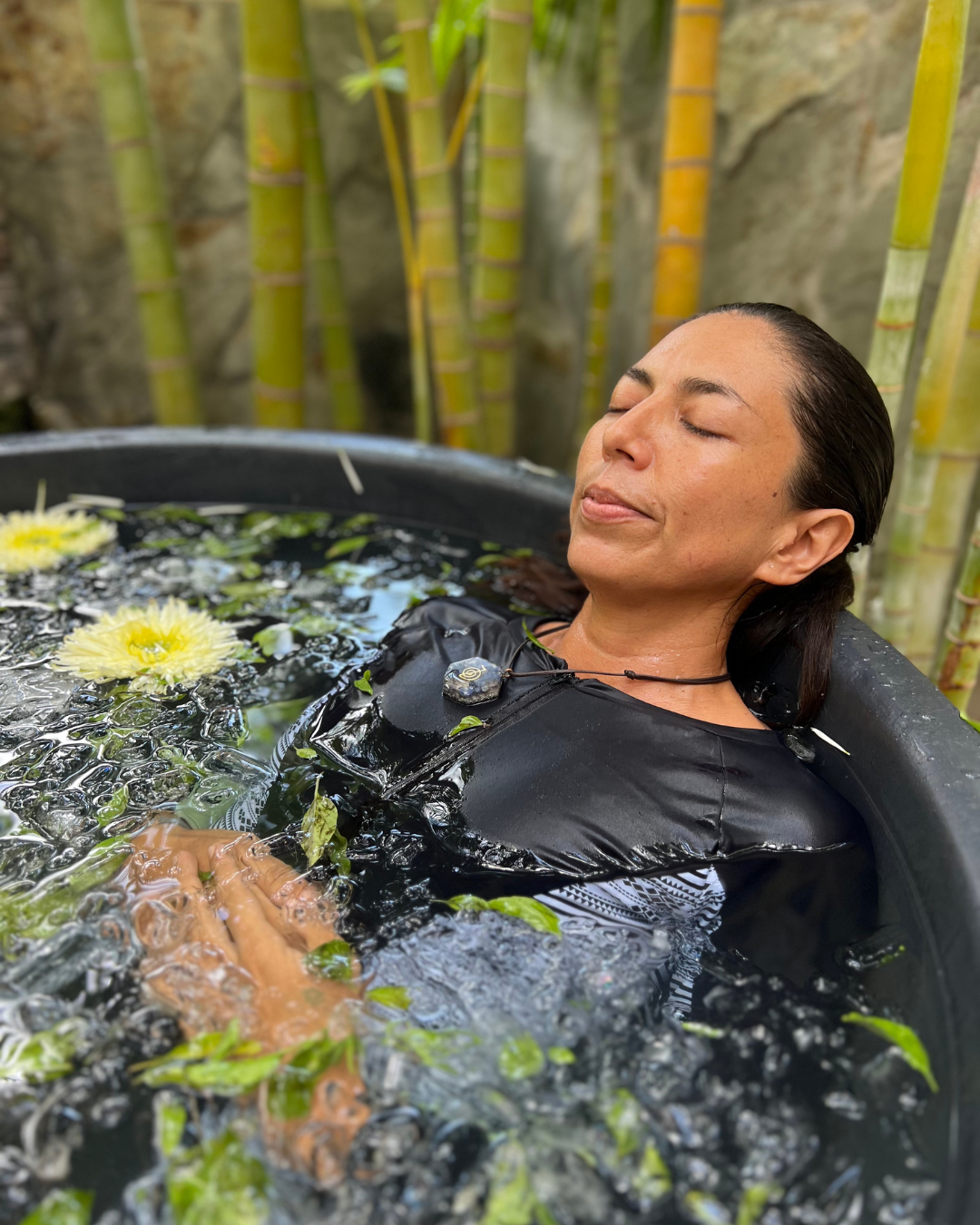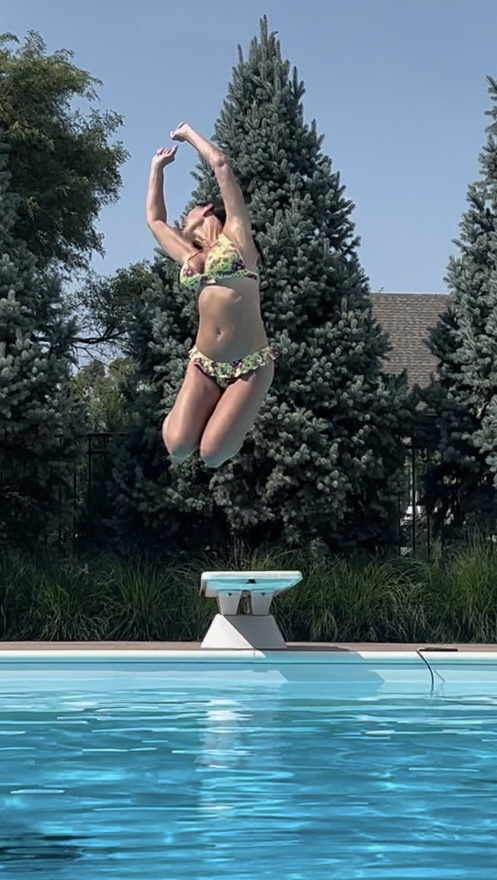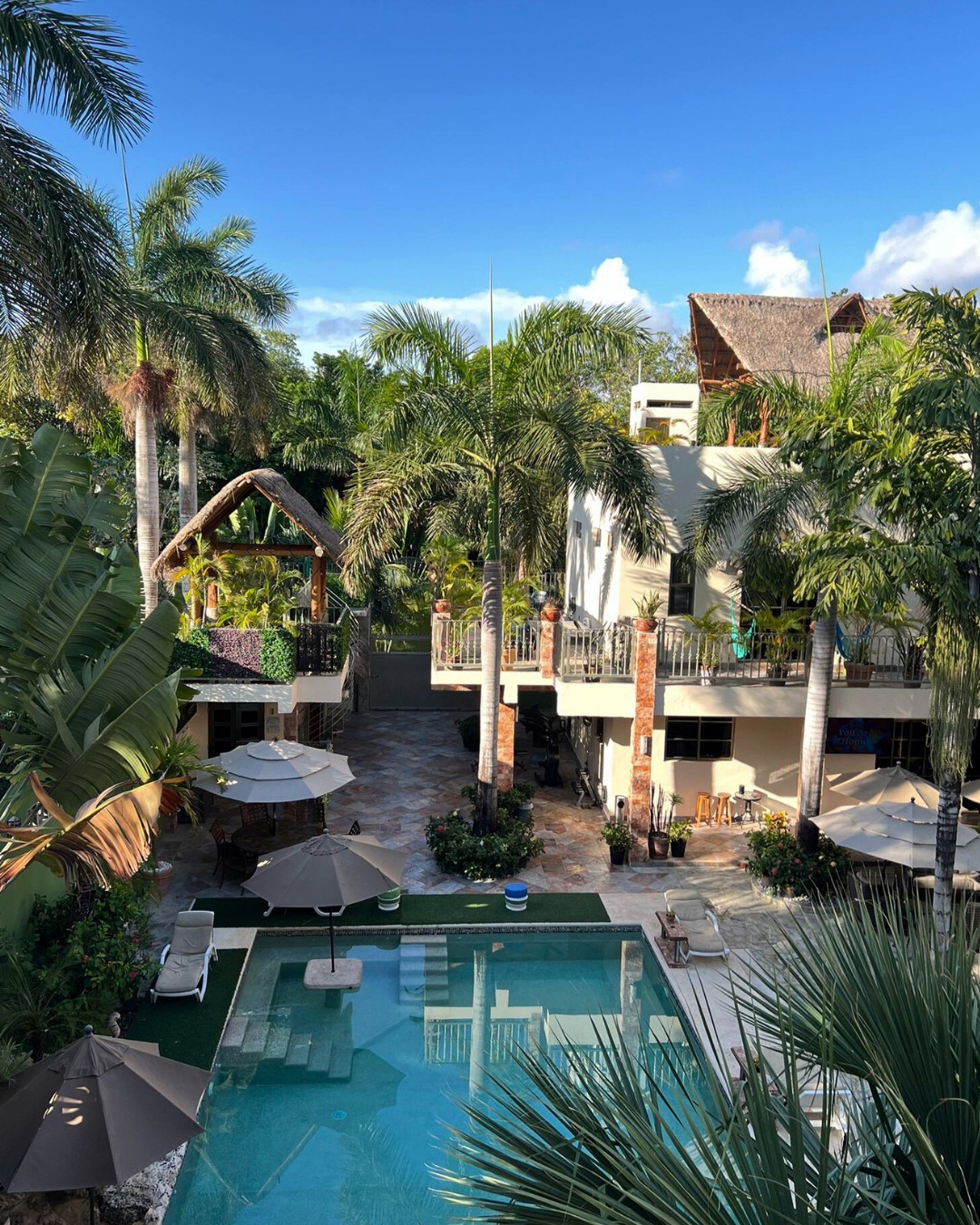
This letter was sent voluntarily by Beond’s past guest as his expression of gratitude.
We are honored to share the deeply moving and transformative journey of our alumni, Brandon. His letter of appreciation highlights the profound impact that Beond Ibogaine treatment program has had on his life, marking a full year of sobriety from opioids. Brandon’s story is a testament to the power of ibogaine, the compassionate care provided by the Beond team, and the crucial role of integration in achieving lasting change.
Brandon came to Beond after nearly two decades of struggling with addiction. His letter describes the welcoming and supportive environment at Beond, the transformative visions he experienced during his ibogaine treatment, and the significant personal growth he achieved through introspection and integration. He emphasizes that ibogaine is not a cure-all, but a powerful tool that, with proper support and integration, can lead to profound healing and a renewed sense of purpose.
We invite you to read Brandon’s full letter to understand the depth of his journey, the challenges he overcame, and the new perspectives he gained. His experience underscores the importance of a comprehensive approach to healing, one that includes preparation, support, and ongoing integration. At Beond, we are committed to providing a safe, nurturing, and holistic environment for each individual’s unique journey.
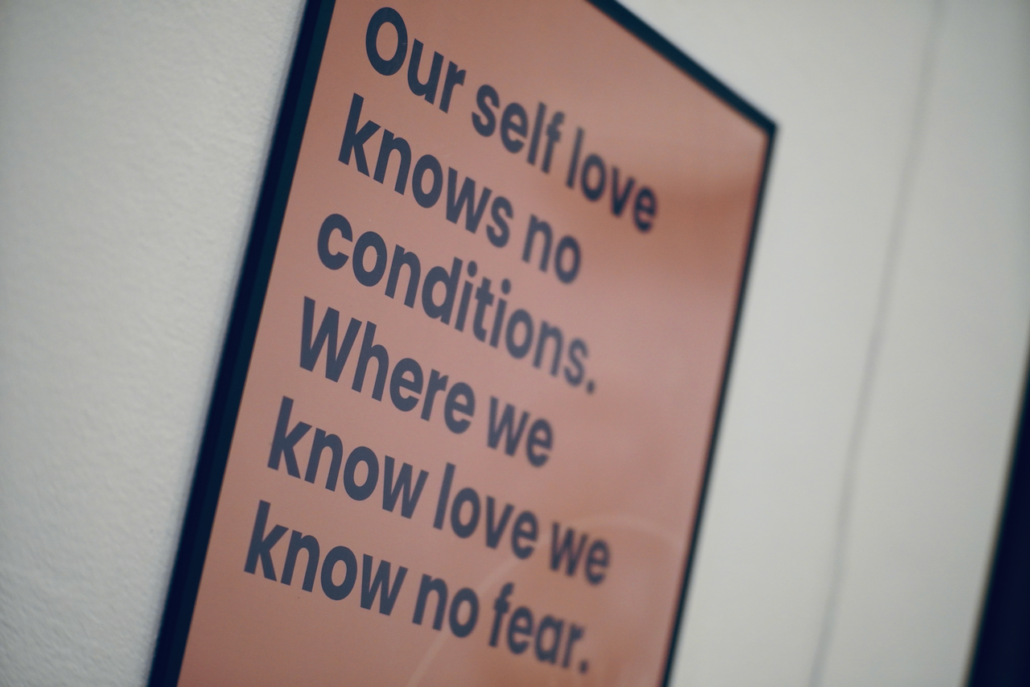
Dear Beond (and the “holy wood” of iboga),
First and foremost, I want to send my deepest gratitude and love to the entire Beond team (from the doctors to the cooks and all others), the Bwiti tribes and wonderful plant or spirit of iboga that has blessed the world with ibogaine (and its other chemical compounds), and my loving family – all of which I owe my life to (the reasons I am still here writing this letter). In short, I am writing this letter as I reflect on my ibogaine experience, treatment, and outcomes after a full year of sobriety from all opioids.
I came to Beond last July after struggling with an IV heroin (and fentanyl) addiction for nearly two decades of my short 35-year-old life, knowing damn well that the only options left were my inevitable death or ibogaine treatment as a potential saving grace.
The first thing I noticed when arriving was the warm, welcoming attitude of the Beond team that fostered an exceptional environment for my recovery – one of genuine compassion, care, trust, respect, acceptance, and empathy – not the typical attitudes or environments an addict is used, which in and of itself can give one a glimpse of hope and readiness.
Finally, I was at a point in my addiction to where I was ready to do the work, which is exactly what the design of Beond’s program enables with its many daily activities and practices that nurture the mind and body. I made sure to participate in all that Beond offered, at times pushing myself past self-doubt, uncertainty, and at least for the first five days, dopesickness (which was nowhere near as punishing and relentlessly agonizing as it typically was if I weren’t being taken care of by Beond’s medical team).
My “flood dose” of ibogaine came on July 5, 2023 (my “clean date” marked by a negative drug test result for fentanyl) and I have been clean and sober from all opioids for a full year now since my treatment. Not only did I experience zero withdrawal effects after my flood dose and first “booster dose” (which is quite unbelievable to those unfamiliar with the glory of ibogaine), but the ibogaine completely eliminated all my desires or cravings to use opioids (even after accidentally injuring myself), a major desired effect that never occurred with traditional medication-assisted therapies (e.g., Methadone, Suboxone, etc.).
I always saw heroin as a sort of “battle armor”, something I had to ingest to shield me from an all-pervading existential dread and deal with the absurdities of existence in a sociopolitical culture I did not find comforting or align with.
Other times I saw heroin as my romantic partner protecting, regulating, and nurturing me in times of need – the only issue is I needed heroin several times a day, every day, just to be “normal” (and this is a full-time job in and of itself).
My ibogaine experience allowed me to shift my perspective on my heroin (and fentanyl) use by filtering out the many egoic defense mechanisms us addicts unconsciously utilize to rationalize our substance abuse, thereby re-symbolizing heroin (and fentanyl) as a path of destruction, imminent death, and withdrawal from (or an avoidance of) the precious life I had been given, rather than as a symbol of life and protection it had previously represented for me.
My previous psychedelic experiences could never prepare me for the extraordinary and marvelous effects of ibogaine, particularly its ability to dig very deeply into the core roots of both intra- and inter-personal issues or concerns plaguing one’s life.
In my personal opinion, the level of depth ibogaine invites one to uncover and dive into, both on a visionary and reflective/introspective level, is unparalleled to any other psychedelic substance.
The most memorable visions I experienced had a strong emotional component accompanying them. For example, my flood dose included witnessing my own birth, which evoked traumatic feelings of being born into the chaotic environment of a hospital and world I did not choose, but also an extreme sense of gratitude for being brought into this worldly existence, given the rare chance of even being alive here and now on this planet.
At one point during the visionary phase of my ibogaine experience, I found myself underwater bubbling up to the surface to reach for air (perhaps drowning from my own self-destructive tendencies) with a mirror serving as a clairvoyant premonition by reflecting myself in the future as a happier, healthier being, which evoked a strong sense of hope that had been lost many moons ago.
Another memorable vision consisted of four large female-like beings (perhaps from my ancestral origin or completely extraterrestrial) who began inserting equipment into my body for purification purposes and utilizing tools in my brain to wipe the opioid receptors clean.
I could literally feel the chains of addiction being lifted, prompting me to get more in touch with my inner child’s wonder, awe, and curiosity, particularly as it related to the future, again fostering a stronger sense of hope (and resilience).
The introspective and reflective processing (and integration) that followed my visionary experience revealed many insights into my addiction, traumas, spirituality, and overall psyche, fostering a heightened sense of self-acceptance, self-awareness, peace, mindfulness, and equanimity.
My ibogaine experience and overall treatment at Beond also seemed to strengthen my overall temperament, particularly in terms of increasing my cognitive flexibility, open-mindedness, tolerance for uncertainty, humility, non-judgmental awareness, etc. and decreasing my innate emotional reactivity in responding to both external and internal events or situations.
In addition, after my first booster dose, while exclusively listening to the magic of Bwiti music, I felt the life return to my body, pouring into and running through my adulterated and scarred veins, igniting a flow of energy (perhaps my “chi” or life force – whatever you want to call it) that my bodily senses could feel, notice, and track for the first time after numbing my body for far too long.
This sense of energy reinforced the importance of the mind-body connection and ways to strengthen it through exercise, meditation, breathwork, nutrition, etc.
As a scholar, I always took care of my mind but seemed to neglect the body, deeming it as less important than tending the mind, but now I whole-heartedly understand and perceive the mind and body as inseparable “swinging doors” to the same underlying fundamental reality.
The ibogaine and Bwiti music also reconnected me with my love for the creative act of making music, a love of mine that was lost in the process of addiction. It encouraged me to utilize producing music as a source for my own sense of spirituality, a way of reconnecting with the creative source of all being (and non-being), which is exactly what I’ve been doing everyday since I left Beond.
I could go on and on about the benefits and outcomes I experienced from my ibogaine treatment but will end on this final note.
My experience at Beond renewed and fostered a deep sense of immense gratitude, respect, and appreciation for (and acceptance of) life in all its forms, including the good/bad, pleasures/pains, beautiful/ugly, reasonable/absurd, etc.
After running away from myself for so many years, I can now confront myself with compassion, be more present in life for others, embrace all the positives and negatives life throws at us, and begin to live a more authentic mode of existence in which my actions are aligned with my values – a new way of being and becoming. I am forever indebted to and grateful beyond words for Beond, the “holy wood” of iboga, and my family for making my recovery from addiction possible. Sending all the love and blessings to the Beond team and anyone who has the courage to walk through those doors!
Bassé!
-B.F
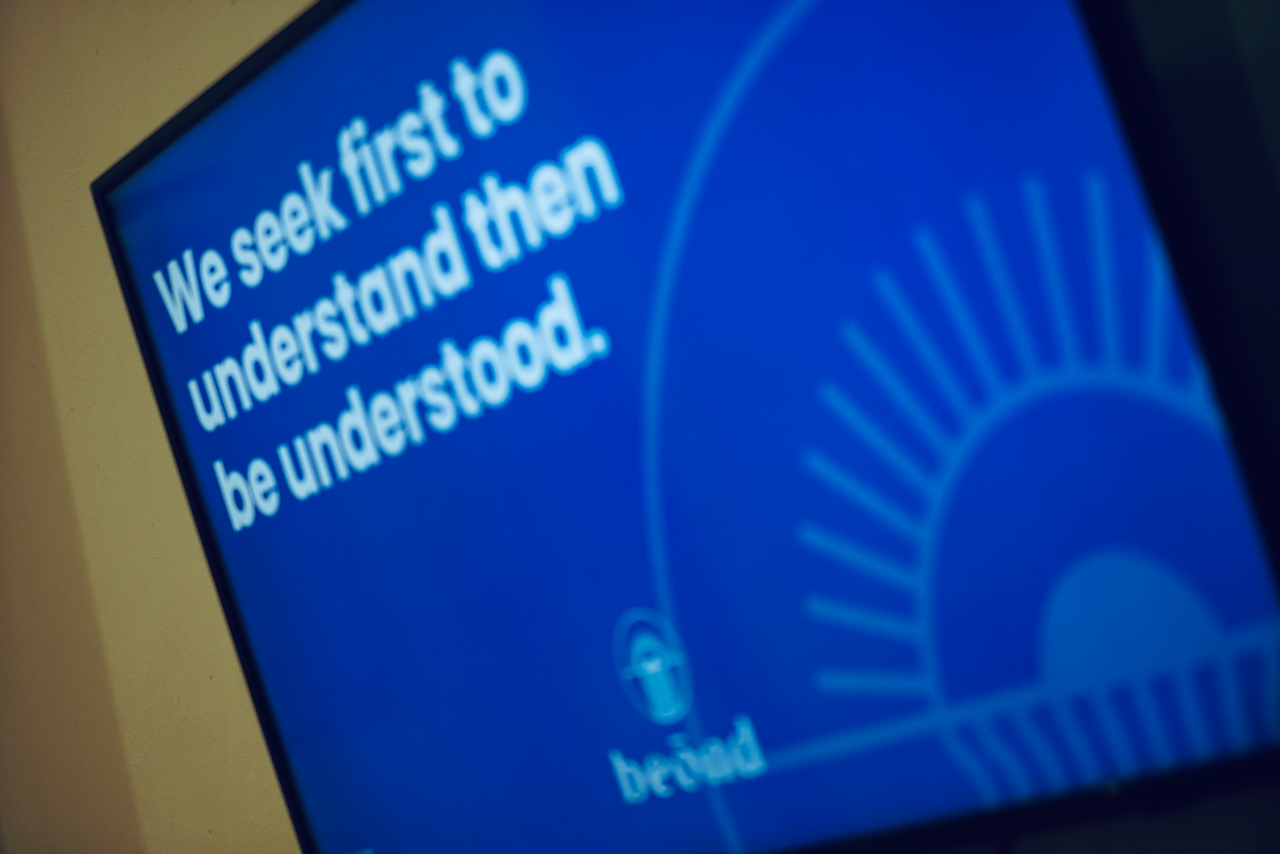
At Beond, we are honored to be part of such transformative journeys. Brandon’s story is a powerful reminder of the potential for healing and growth that ibogaine offers, and the importance of continued support and integration. If you are curious about how ibogaine can help you or a loved one, schedule a discovery call with one of our experts today. Let us support you on your path to healing and transformation.
